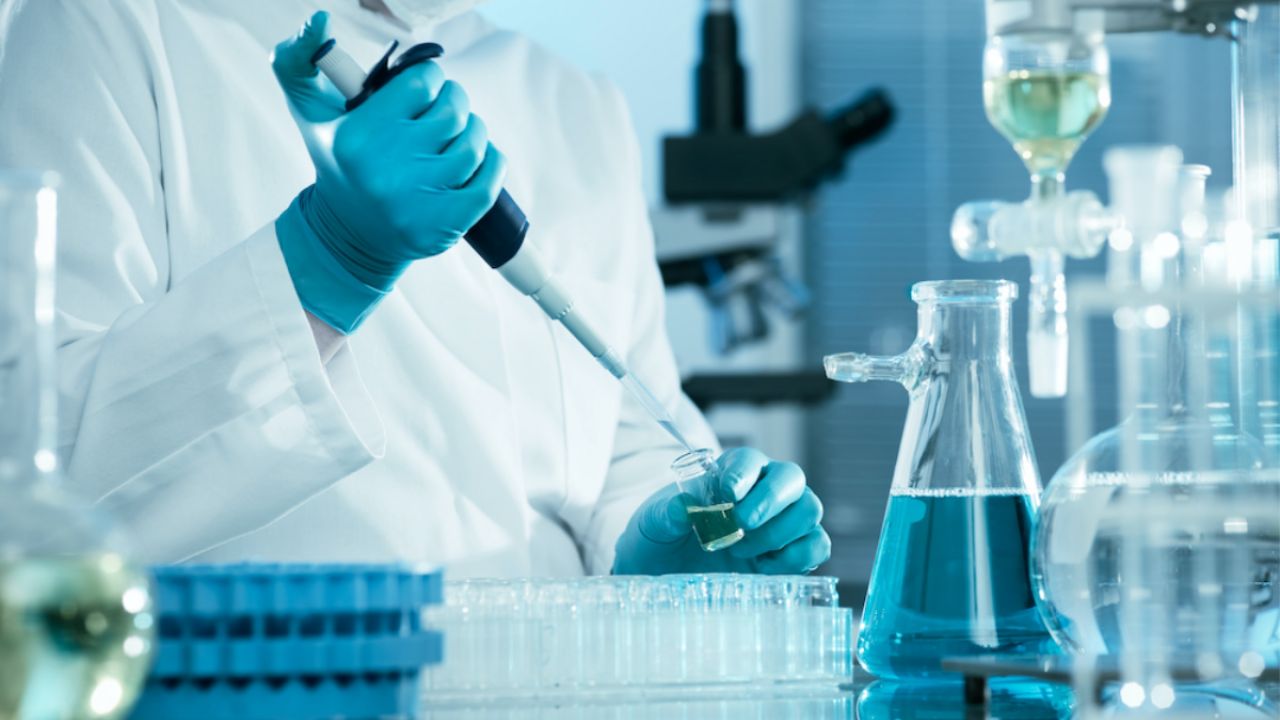As a lab technician, having the right tools is essential to ensure accurate and reliable results. In this article, we will explore the various tools that lab techs use on a daily basis.
- Microscopes: Microscopes are used to magnify small objects or organisms that cannot be seen with the naked eye. There are different types of microscopes, including compound microscopes, stereo microscopes, and electron microscopes.
- Pipettes: Pipettes are used to measure and transfer small volumes of liquid. They come in different sizes and types, including single-channel and multi-channel pipettes.
- Centrifuges: Centrifuges are used to separate different components of a liquid or solid sample based on their density. They are commonly used in medical and biological research.
- Spectrophotometers: Spectrophotometers are used to measure the amount of light absorbed or transmitted by a sample. They are commonly used in chemistry and biochemistry research.
- Balances: Balances are used to measure the mass of a sample. There are different types of balances, including analytical balances and top-loading balances.
- Incubators: Incubators are used to grow and maintain cell cultures or microorganisms at a specific temperature and humidity. They are commonly used in microbiology and biotechnology research.
- Autoclaves: Autoclaves are used to sterilize equipment and materials using high-pressure steam. They are commonly used in medical and biological research.
- Gel electrophoresis equipment: Gel electrophoresis equipment is used to separate and analyze DNA, RNA, and proteins based on their size and charge. It is commonly used in molecular biology research.
In conclusion, lab technicians use a variety of tools to perform their work accurately and efficiently. From microscopes to gel electrophoresis equipment, each tool plays a crucial role in ensuring reliable results. By using the right tools and techniques, lab techs can make significant contributions to scientific research and discovery.

